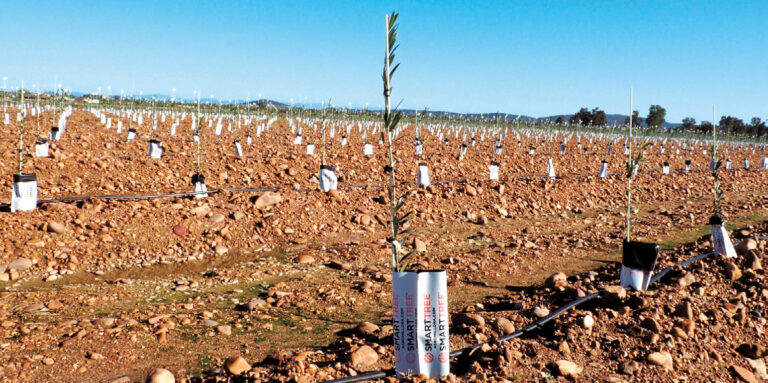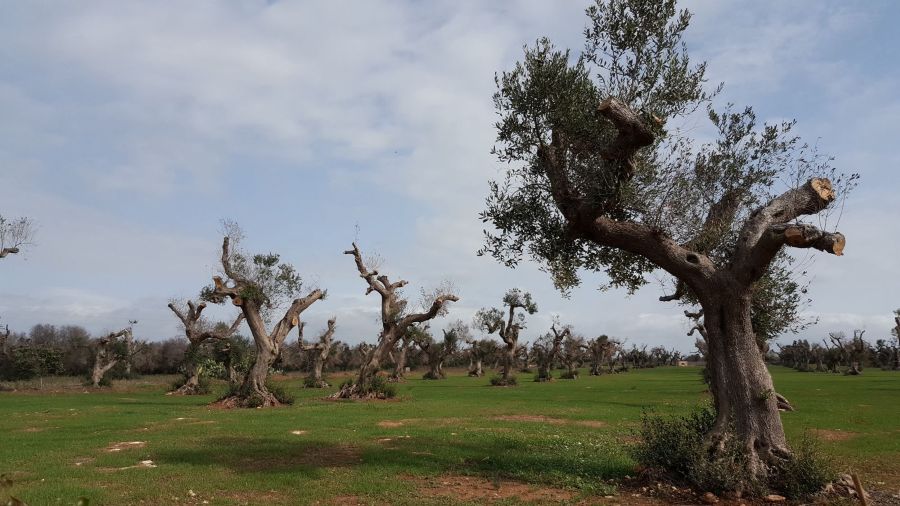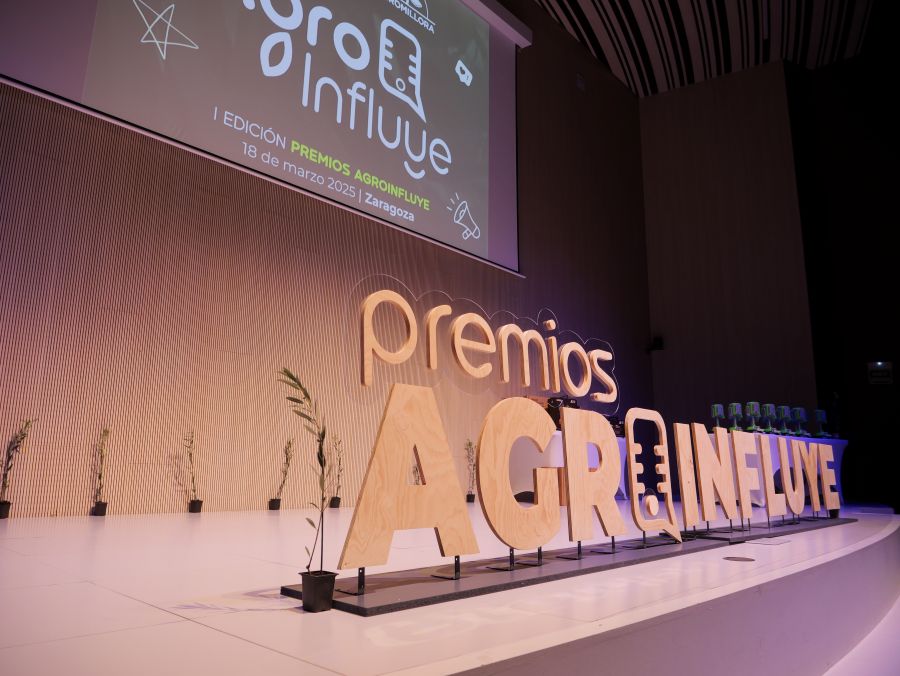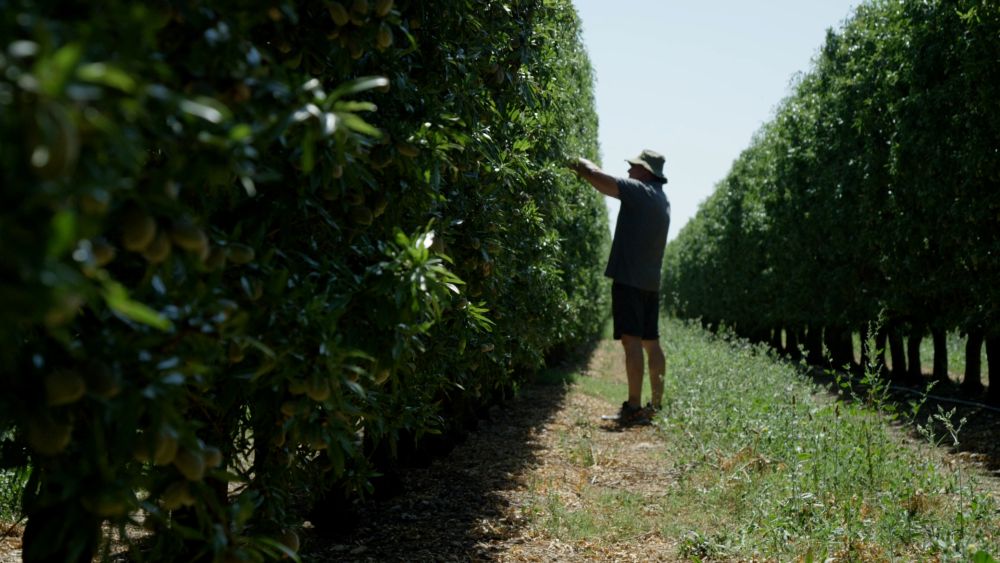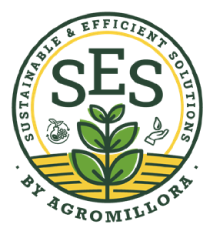Agromillora Drives the Woody Crops Revolution from Badajoz
The company’s center in Hernán Cortés produces around 20 million olive trees and over 4 million almond trees each year.
Its innovative work is focused on delivering plants that are perfectly suited to farmers’ needs, always aiming for the highest possible quality.
The surface area dedicated to woody crops continues to grow across the Iberian Peninsula, making it essential to refine production techniques in order to obtain the best plants in the shortest possible time. That is exactly the focus of Agromillora’s facility in the town of Hernán Cortés, Badajoz.
According to Rubén Márquez, the center’s manager, it is Agromillora’s largest facility worldwide, “dedicated to the production and commercialization of nursery plants with the highest genetic and phytosanitary quality.”
Plant material arrives from Agromillora’s facilities in Barcelona and is cultivated until it reaches a commercial size. A multidisciplinary team at the center handles sorting, growing, staking, and shipping of the finished product directly to clients.
New Processes
While the facility has operated as a plant regrowth center for the past nine years, it is gradually incorporating new production processes, such as fruit tree grafting. “This year, we grafted one million almond trees,” Márquez notes.
Among the varieties produced are self-rooted almond plants for dryland farming, and the company’s flagship products: plants grown using Rootpac 20, Rootpac R, and Rootpac 40 rootstocks, all designed for high-density orchard systems. These proprietary rootstocks developed by Agromillora address the needs of a sector that is constantly evolving toward efficiency and intensified planting models.
“This year, we grafted one million almond trees”
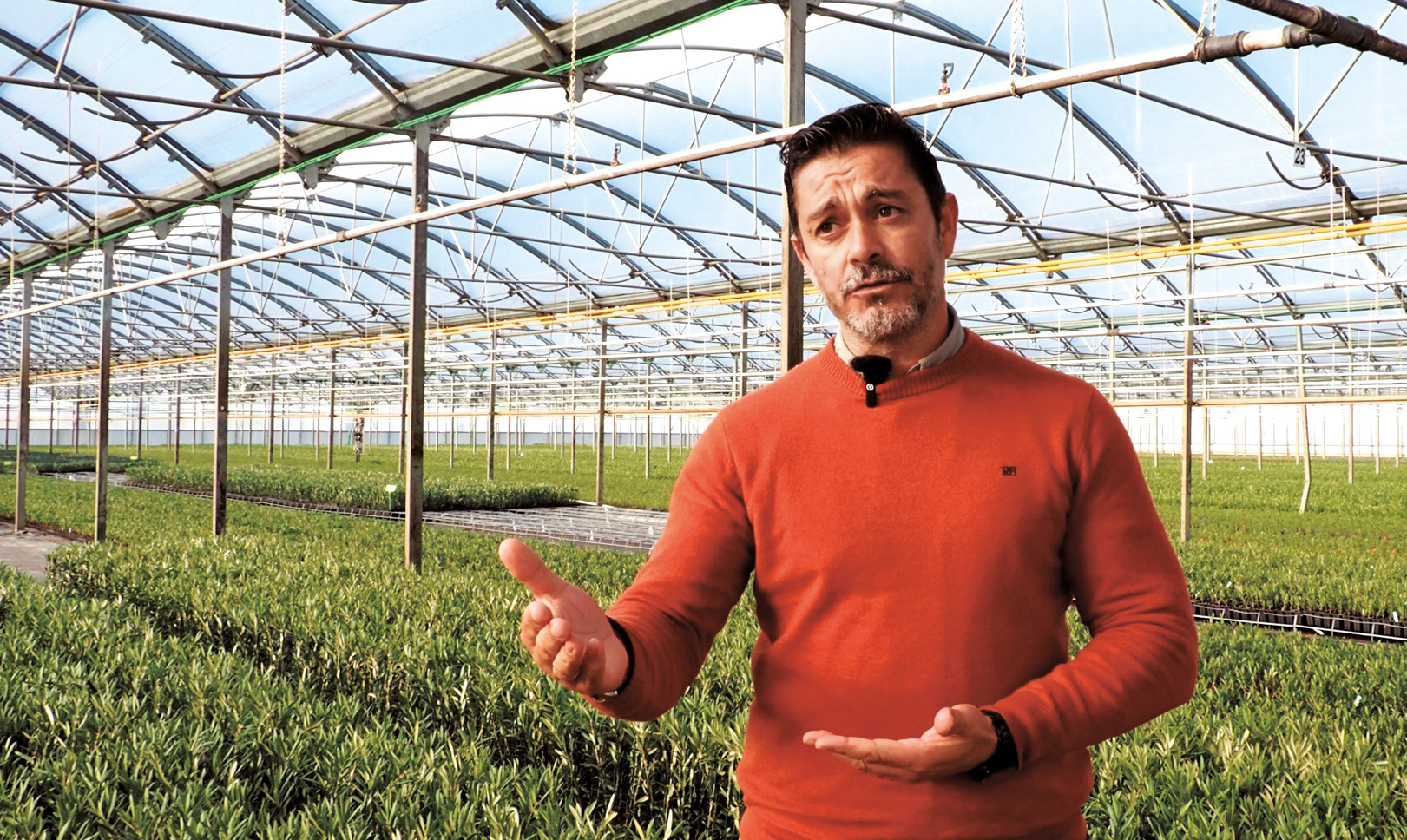
14 Million Plants in Production
Agromillora’s facility in the province of Badajoz has the capacity to house up to 14 million plants, which once transplanted to the field, will cover approximately 7,000 hectares of crops.
The site spans 17 hectares, 12 of which are under plastic greenhouses, where temperature and humidity are carefully controlled to provide optimal growing conditions for each plant type.
Olive and almond trees are cultivated in different areas of the greenhouse to meet each crop’s specific climatic needs. A climate control system automatically manages the opening and closing of the greenhouse to regulate humidity and temperature, with the option of activating a heating system when needed.
This year, the facility is expected to handle a flow of around 20 million olive plants and approximately 4 million almond plants. These figures are achieved through the rotation of the entire greenhouse twice a year. “We perform two cutting cycles annually,” confirms Márquez.
Acclimatization Conditions
The BOI module is where the plants arriving at the facility are first placed. It provides the best conditions for acclimatization. From there, the plants move to the sorting area, where classification and preparation work is carried out.
“Each day, we perform whatever tasks the plants need—pruning, weed removal, height classification, sucker removal,” explains the team.
For example, the staking process is designed to promote better vertical growth and improve light penetration and air circulation.
One of the key characteristics of Agromillora’s plants is their uniformity:
“We work to ensure the product reaches the customer with the highest possible uniformity. Otherwise, there’s a risk of uneven development in the field, with some plants growing faster than others, leading to management issues for the farmer,” emphasizes Márquez.
“We work to ensure the product reaches the customer with the highest possible uniformity. Otherwise, there’s a risk of uneven development in the field, with some plants growing faster than others, leading to management issues for the farmer”
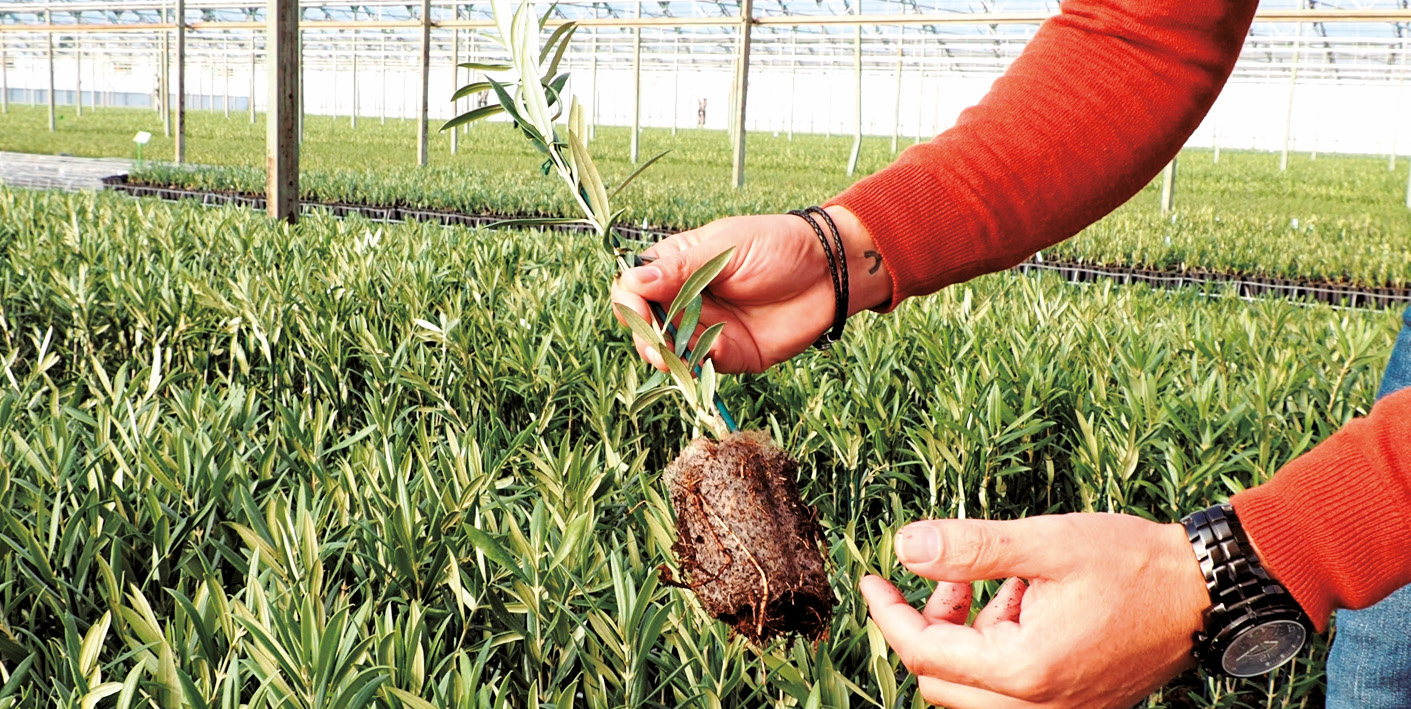
TRACEABILITY
Another cornerstone of the operation is product safety and traceability. With millions of plants coexisting in the facility, preventing varietal mix-ups is critical.
“Each plant is tagged with a set of identification codes that contain information about the variety, the tasks carried out, who performed them, the rootstock, and more. This minimizes any risk of disease or varietal contamination.”
This system not only ensures traceability, but also provides the customer with full confidence in the product they receive.
The nursery business is unique in its seasonal nature, with sharp peaks in demand that must be managed efficiently. In addition to climate challenges, each plant species and variety has its own growth timeline. The challenge lies in adapting to produce these plants in the shortest possible time while maintaining maximum health and quality standards.
The problems faced in the nursery are the same as those in the field: pests, diseases, humidity, irrigation issues. These daily challenges are managed by a multidisciplinary team in constant training and observation, always striving to deliver the best final product.
INNOVATION
The Hernán Cortés center is also a hub for research, innovation, and development. Trials are conducted here to produce the highest quality plant at the lowest possible cost.
Innovations include new plant management systems to improve root development, and new substrates to optimize growth and ensure both genetic and phytosanitary quality.
The team is also testing biodegradable containers, which support optimal plant development while eliminating the use of plastic—an effort that aligns with the company’s growing environmental policy.
“Our goal is to produce a plant that leaves no waste behind. We’re developing this method to ensure the plant grows normally, and if everything continues as successfully as it has, we’ll launch a new, innovative product with the same high guarantees,” says Márquez.
The company’s growth plans include expanding both ideas and facilities. New land has been acquired to allow for future growth and the implementation of new production processes.
“From Hernán Cortés, we’ll continue producing the best plant material to deliver the highest quality plants to our farmers,” he states.
“With the recent planting of a mother stock field, we’ll soon be supplying plant material to the production center, allowing us to incorporate new production processes that will support further expansion,” he adds.
Furthermore, “one task we currently carry out at other facilities—olive propagation through cuttings—we expect to begin doing here in Badajoz very soon,” he concludes.
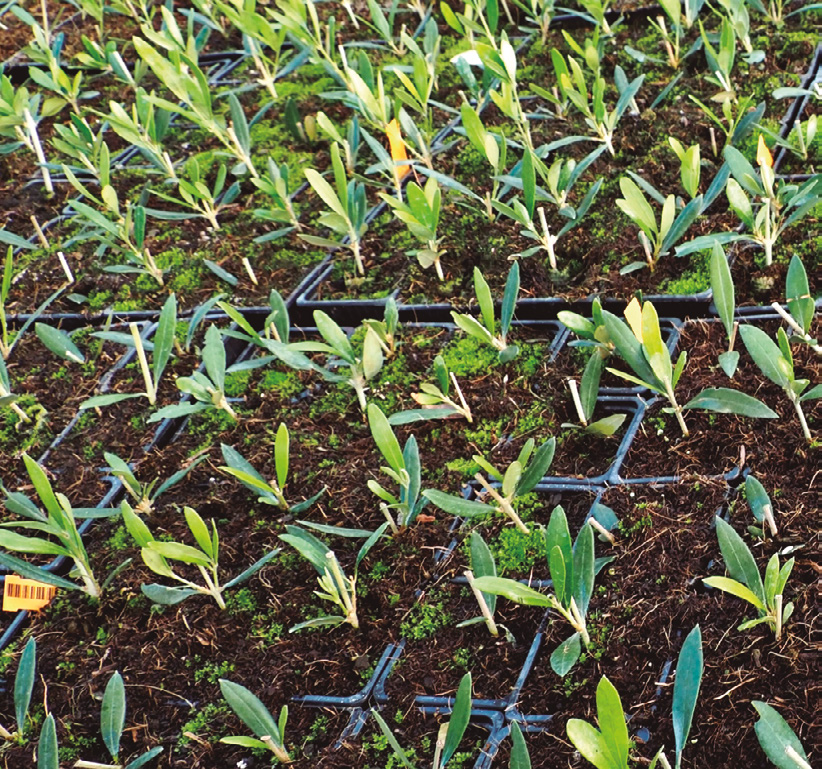
Once the plant is ready, it is shipped and delivered to the customer. In many cases, Agromillora provides follow-up support, visiting the farmer to ensure the product meets expectations and to observe how it performs in the field.
“Our sales team, together with Customer Service, maintains ongoing contact with clients and distributors to gather feedback and identify areas where we can improve,” says Rubén Márquez, highlighting how this feedback loop is extremely valuable to their work.
In fact, he considers his team to be a crucial link in a well-oiled, well-aligned chain. This follow-up also includes advising farmers on proper soil preparation and helping them determine the optimal time for planting, ensuring the best possible field performance.
